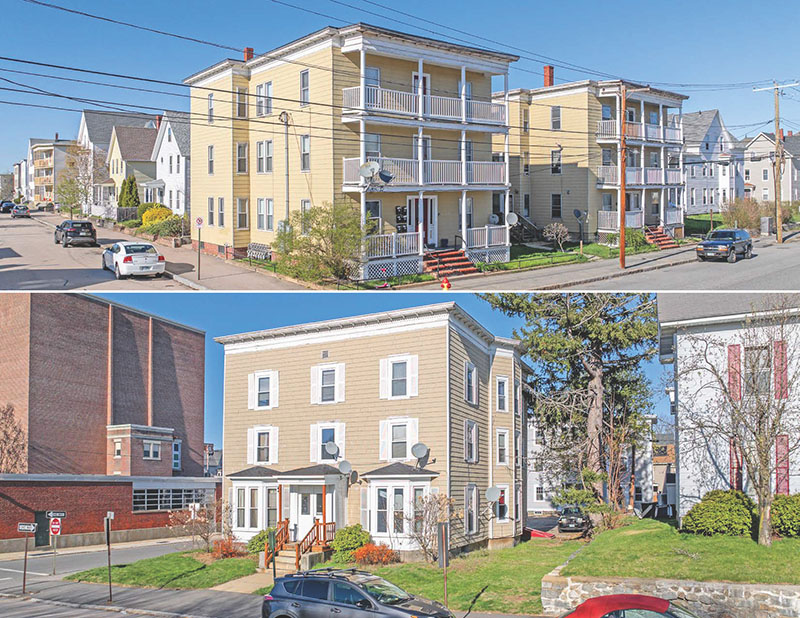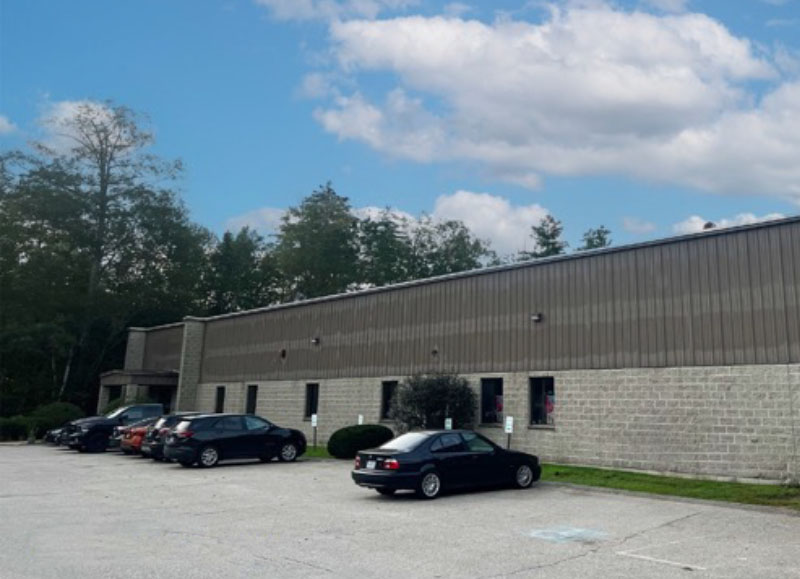Confidentiality agreements in real estate transactions should contain several key elements - by Philip Hastings

Waters and Bass, P.A.
“Knowledge is power and it can command obedience. A man of knowledge during his lifetime can make people obey and follow him and he is praised and venerated after his death. Remember that knowledge is a ruler and wealth is its subject.” - Saying 146 from Nahj Al-Balagha.
This ancient maxim remains true today. Even in the world of commercial real estate, we are well-served by both gaining and protecting knowledge. For potential buyers and sellers of real estate, one way to help do this is with a well-crafted, written confidentiality agreement which prohibits the restricted party or parties from disclosing information regarding a pending transaction during negotiations and before there is a binding agreement. Confidentiality agreements may be executed either as a stand-alone document or as part of a letter of intent and can be either unilateral (restricting usually only the prospective buyer) or mutual (restricting both buyer and seller). In all situations, however, the confidentiality agreement should contain several key elements.
First, the agreement should specifically identify the parties. If the restricted party is an entity, the agreement should make clear that the agreement will apply to the entity’s individual owners, officers, employees and agents (such as accountants, financial consultants, real estate brokers, etc.) and that the entity will be responsible for breach of the agreement by any of those individuals. In some circumstances, it may be appropriate to require specific individuals connected to the entity to join in the confidentiality agreement as a party or execute a separate agreement altogether.
Second, the potential transaction involved, the property under discussion and specific types of information to be treated as confidential should be identified. For prospective buyers, this usually includes property income and expense reports, tenant and lease information, environmental reports, plans and surveys, appraisal data and the like. Prospective sellers may want to see proprietary information about the potential buyer’s business and plans for the property. While some types of information are customarily excluded from the terms of a confidential agreement (e.g., because it is already in the public domain), exceptions should be narrowly tailored.
Third, the restricted party and its agents should be prohibited from directly or indirectly disclosing both the confidential information and, if the property is not on the market publicly, that the parties are even discussing a possible transaction. Untimely rumors of a potential transaction may have adverse impacts on the buyer as well as the seller. An example of a harmful indirect disclosure may be a discussion between the potential buyer and the municipality regarding the property. Sometimes, the confidentiality agreement should specifically restrict the potential buyer from even talking to the municipality about the property to prevent an inadvertent, indirect disclosure.
Fourth, the agreement should spell out the remedies in the event of a breach of the agreement. Because it is usually difficult, if not impossible, to quantify the monetary damages that may accrue from a breach, it is important to specify that the non-breaching party will have the right to injunctive relief, as well as attorney’s fees. If the confidentiality agreement is part of a letter of intent, the confidentiality and non-disclosure provisions should be made expressly enforceable even if the letter of intent is otherwise non-binding and unenforceable.
Finally, the agreement should provide that it will continue to apply even if the potential transaction fails to go forward. Any confidential information should be returnable to the extent practicable. If the potential transaction ripens into an actual binding contract, care should be taken to make sure that the purchase and sale agreement either includes corresponding non-disclosure provisions or carves out any existing confidentiality agreement from the integration clause in the purchase and sale agreement so that it survives.
Buyers and sellers who are careful regarding sensitive information during the negotiation of a transaction surely will be praised and venerated!
Philip Hastings is the president and a shareholder and director of Cleveland, Waters and Bass, P.A., Concord, N.H.







.png)
